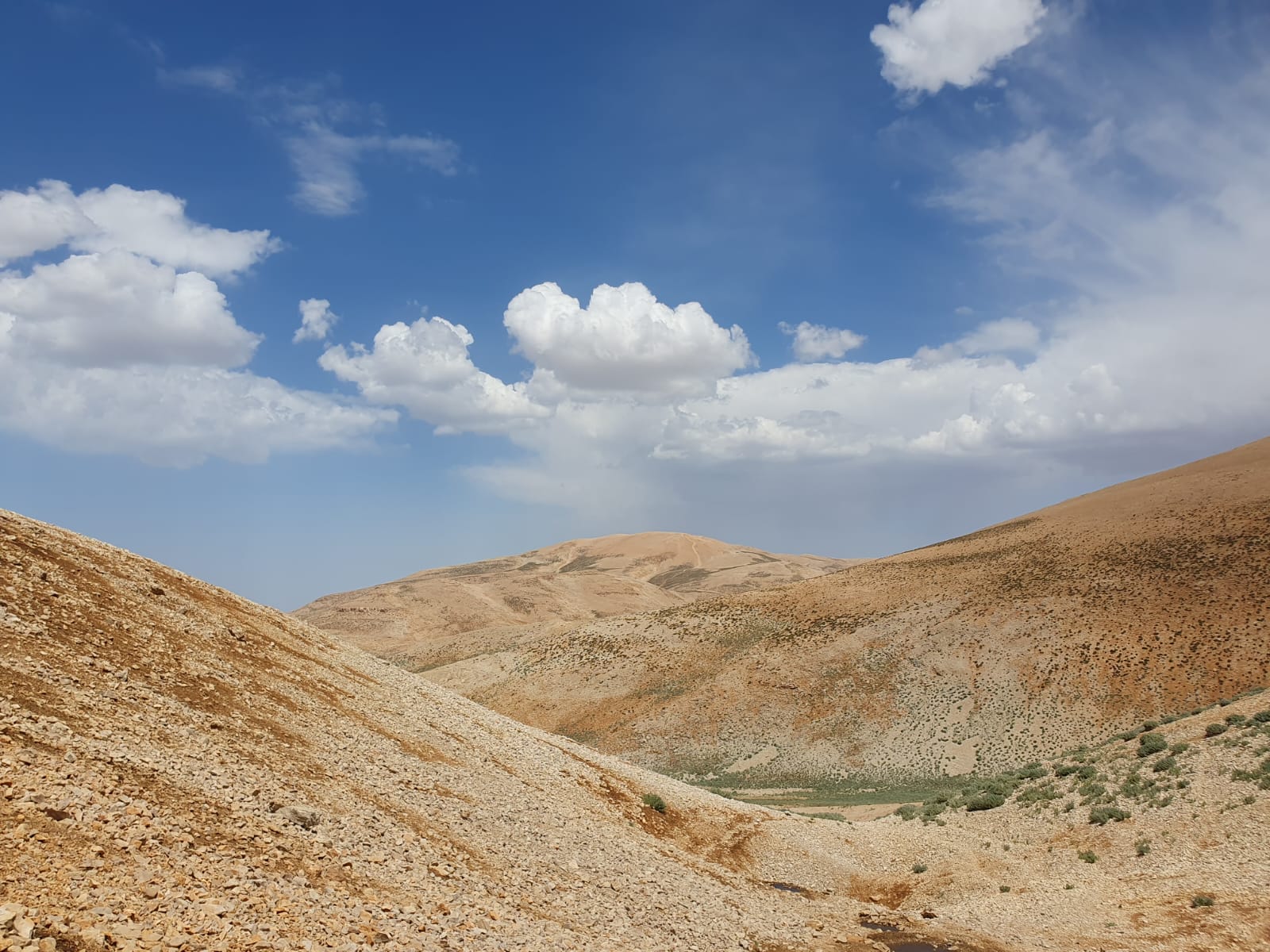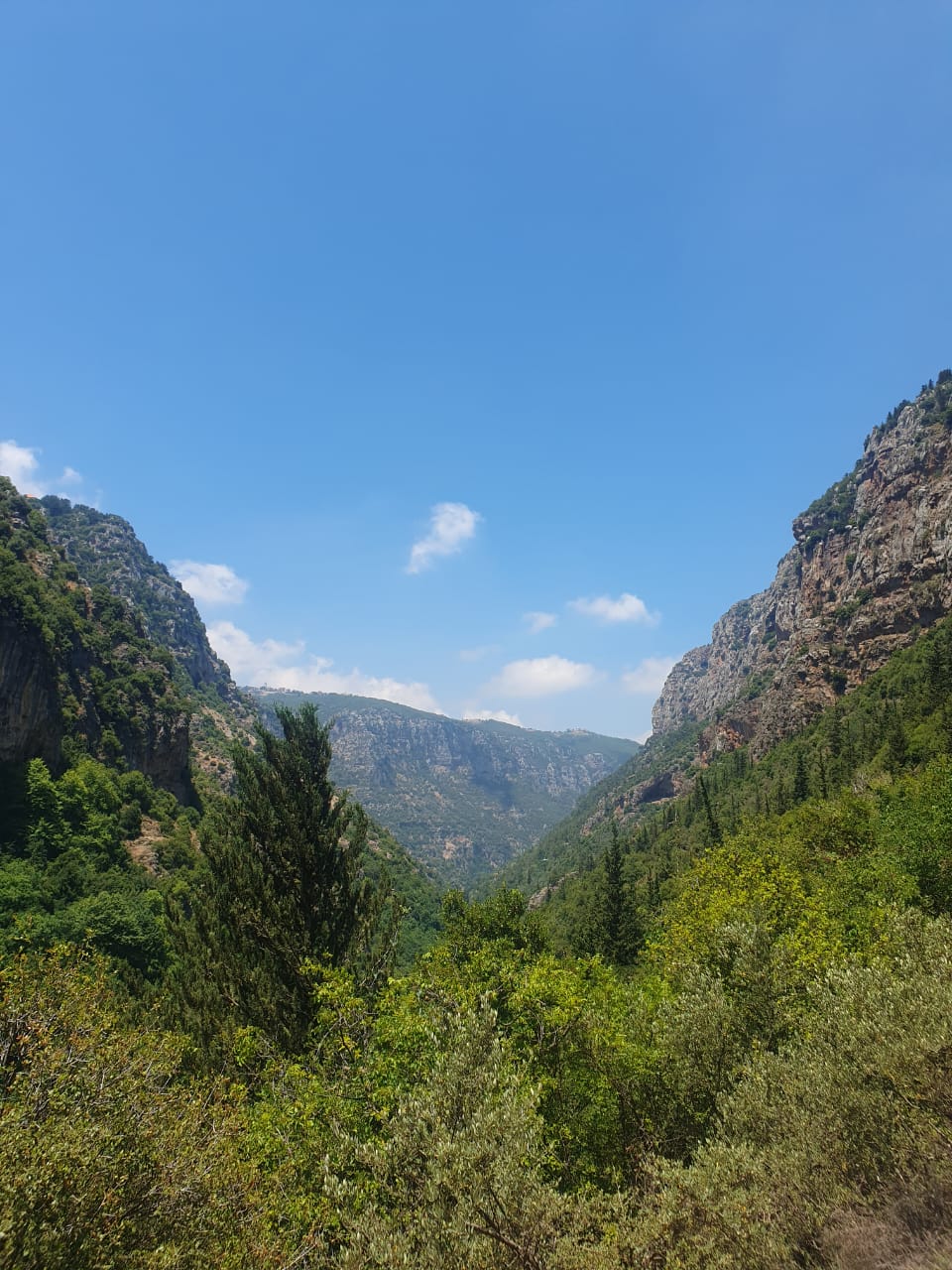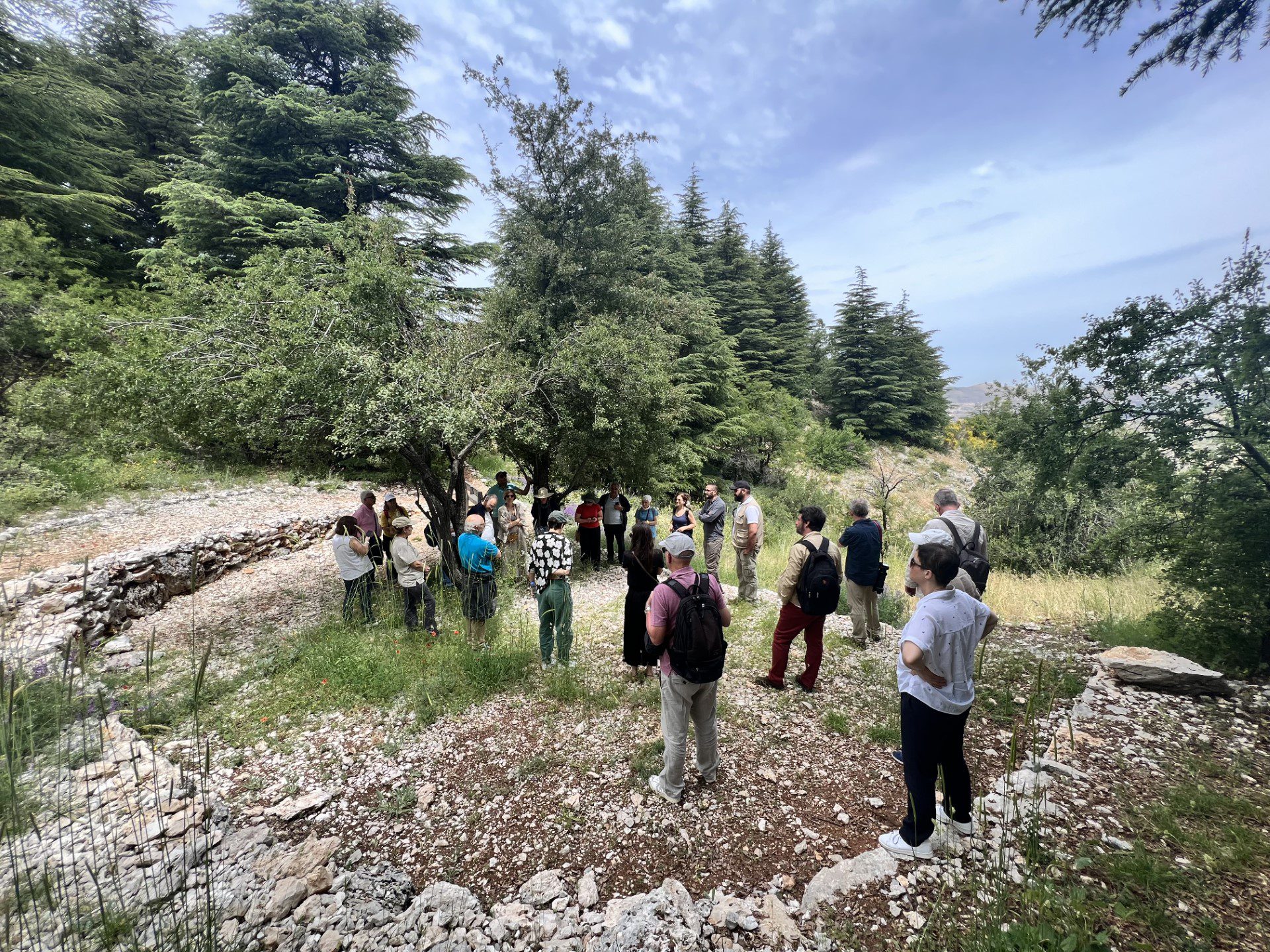Protecting ecological treasures: at the heart of one of the EU’s projects in Lebanon
The project for the Conservation of Ecologically Sensitive National Areas in Lebanon (CESNA-LB), financed by the European Union and implemented by T.E.R.R.E Lebanon in partnership with the University of La Sagesse and the Lebanon Eco Movement, aims to protect ecologically sensitive areas in Lebanon over a two-year period from 2022. The project is aligned with the European Union’s overall objective of developing practical tools for supporting the protection of biodiversity in sensitive areas. It seeks to overcome the traditional obstacles by means of innovative political instruments and community conservation initiatives.

The NGO, T.E.R.R.E Lebanon (the word “terre” means land, while the initials stand for “Let’s strive together to make a dream come true for our children”), has many years of experience, particularly on the ground, and is actively involved alongside Lebanese communities in various regions of the country for the protection of ecologically sensitive national areas (ESAs) that are essential to the conservation of biodiversity and natural resources. The CESNA-LB project aims to identify, classify and legally secure these areas, which are particularly vulnerable to degradation. Paul Abi Rached, chairman and project manager at T.E.R.R.E Lebanon, affirms that Lebanon is known for its wealth of biodiversity. The country has one of the densest plant diversities of the Mediterranean basin, being home to 1.11% of the world’s plant species as well as 2.63% of the species of mammals, birds and reptiles. About 8.5% of the terrestrial flora is largely native and 3.5% is strictly native to Lebanon. He adds: “Since the start of the project, we have intervened in many places where certain people were doing great harm to these ecologically sensitive areas.” This particularly concerns illegal logging of protected trees such as junipers and pines, the creation of quarries in the forest and commercial and tourist development close to watercourses and cedar plantations in the mountains. Action taken includes legal steps and whistleblowing in the media.

Sustained efforts
Thanks to the CESNA-LB project of T.E.R.R.E Lebanon, Fawzi Bteich has been able to safeguard a mountain spring at Faraya, which had been conserved since the 19th century by his ancestors and the local municipality. However, the economic crisis of recent years forced many inhabitants to sell their land, thus threatening the spring. Fortunately the intervention of T.E.R.R.E Lebanon, including legal support and awareness-raising through the media, put a stop to a potentially polluting construction project. Furthermore in Afqa, another village in the mountains of Lebanon, efforts are under way, in collaboration with the municipality, to protect the watercourses and the Roman ruins from future construction works.

A plural commitment
For her part, Alessia Squarcella, deputy manager of Cooperation with the European Union Delegation to Lebanon, stresses that the CESNA-LB project relies on the commitment of local authorities as responsible decision-makers and defenders of rights, working towards effective environmental management and the promotion of local ecological investments and the green economy. She lists the project’s objectives: identifying the ecologically sensitive areas (ESAs), putting in place innovative political instruments for their conservation, strengthening environmental surveillance and supporting risk reduction, seeking the involvement of local community groups. “All in all, the tools designed, as well as the activities aimed at strengthening capabilities and raising awareness, should play a positive role in the conservation of ESAs, avoiding new ecological disturbances and a degradation of natural resources,” she claims.



























 Syria
Syria 


